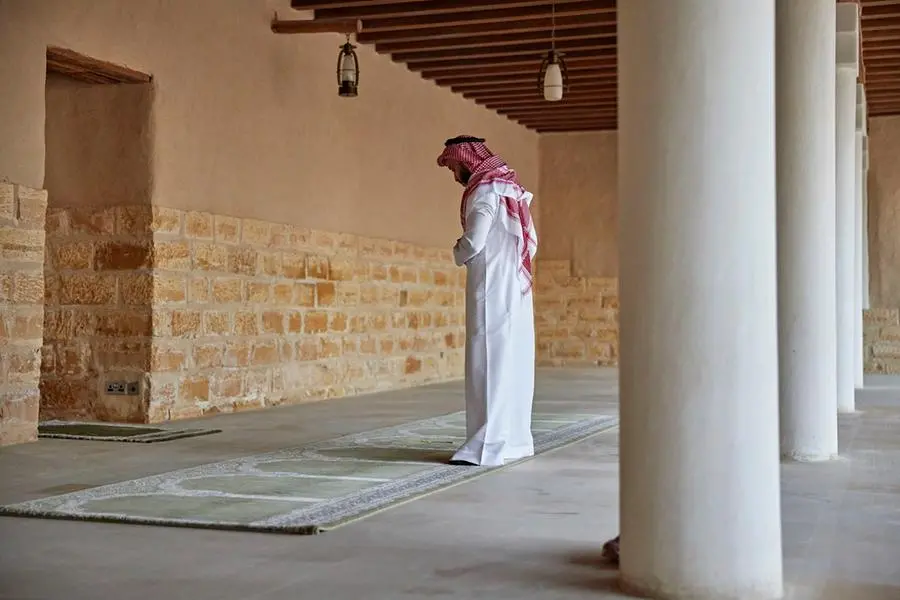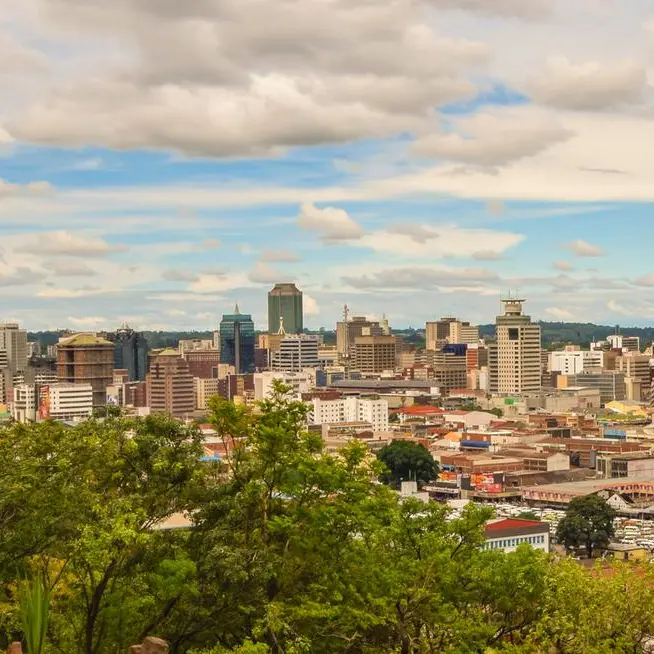PHOTO
RIYADH — Eng. Abdullah Al-Shamrani, CEO of the Saudi Geological Survey (SGS), unveiled plans to establish a geological museum in Saudi Arabia. "The plan is to establish the museum in cooperation with the Ministry of Tourism. SGS has coordination and communication with the ministry to provide it with all the geological information for each site that can be turned into a tourist destination," he said.
Al-Shamrani said that the total number of local and international license applications currently being worked out by the Ministry of Industry and Mineral Resources has exceeded 2000, and these include 2000 applications for exploration, and about 139 for mining. The ministry has already issued more than 2,300 mining licenses, he said while speaking to Asharq Al-Awsat newspaper.
Al-Shamrani said that one of the priorities of the Ministry of Industry is the success of the investor, and this is evident through financial support programs. He said that the value of minerals in Saudi Arabia amounted to about $2.5 trillion, while the wealth discovered by the SGS varies in quantities based on the latest exploratory studies in the Kingdom and global demand prices for minerals. "The gold discovered in the Kingdom exceeded 100 million ounces and zinc reserves surpassed 34 million tons, while the share of copper reaches about 17 million tons. Mineral exploration operations are still ongoing in all locations, he said.
Al-Shamrani said that the mining licenses granted by the ministry, included more than 1,400 quarry licenses for building materials and more than 600 exploration licenses, and that are estimated at SR89 billion ($23.7 billion). He noted that the number of visitors to the geological information database platform reached about 78,000.
There is work and coordination between the Saudi Geological Survey and the Ministry of Tourism to benefit from some caves and turn them into tourist sites, and their number exceeds 150 caves in different locations across the Kingdom. These include the Umm Jarsan cave, which is 1.5 kilometers long and is located near Madinah and is characterized by natural aesthetics in addition to its historical value.
Referring to Abu Al-Waul Cave, he said that this is the longest cave in the Kingdom. The cave, located in Harrat Khaybar in the Madinah region, contains types of skeletons of extinct animals, he said while noting that these discoveries add another dimension for lovers of geological tourism.
Al-Shamrani stated that fossils are used in geological museums, and work can be done in this regard with the Ministry of Tourism, so that it includes fossils, some components that give an overview of geology in Saudi Arabia, and types of different stones found in the country, which gives a scientific and investment dimension.
He disclosed many fossil discoveries, the latest of which were mammals in the Nafud region, and the Hijaz Saadan, as well as the discovery of parts of the remains of an extinct whale that date back 37 million years.
© Copyright 2022 The Saudi Gazette. All Rights Reserved. Provided by SyndiGate Media Inc. (Syndigate.info).





















